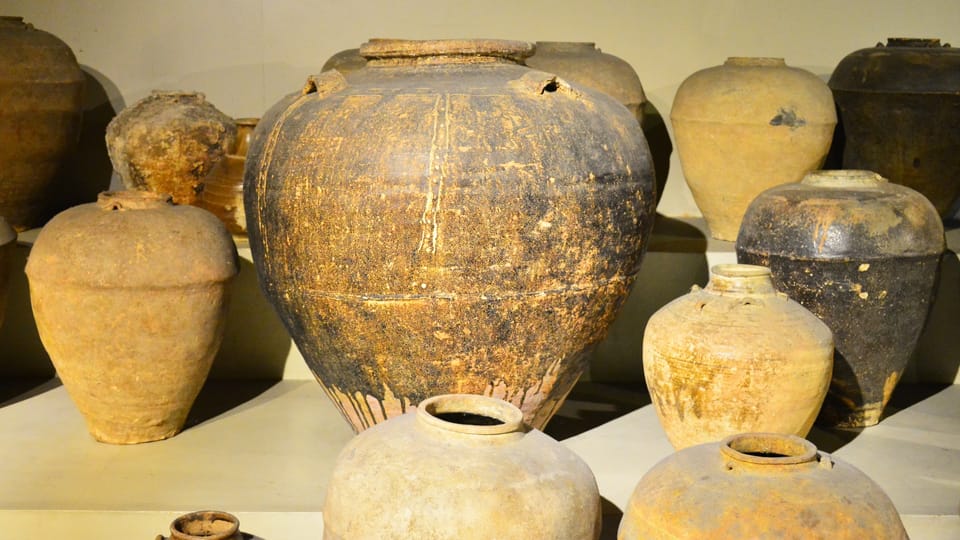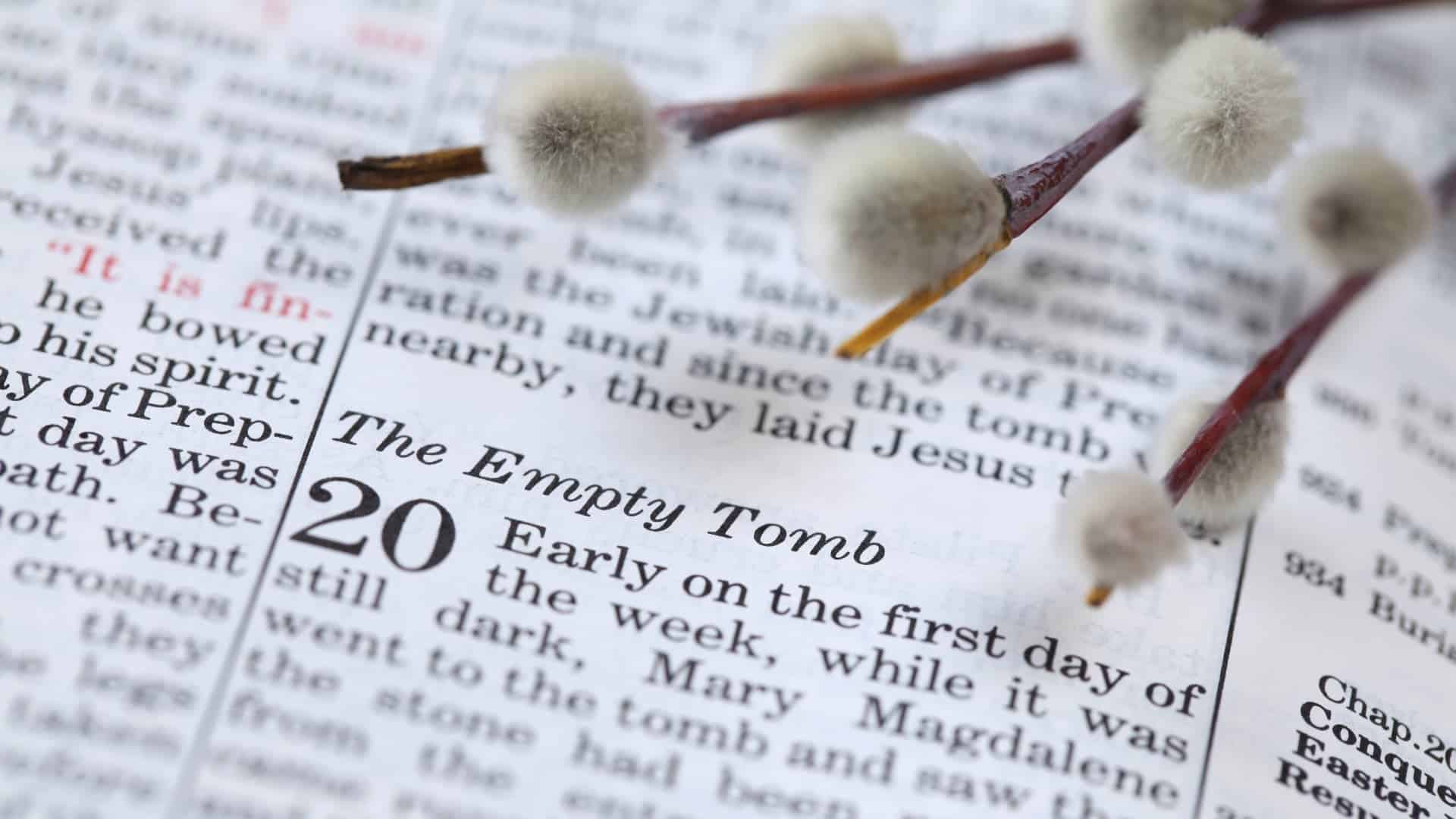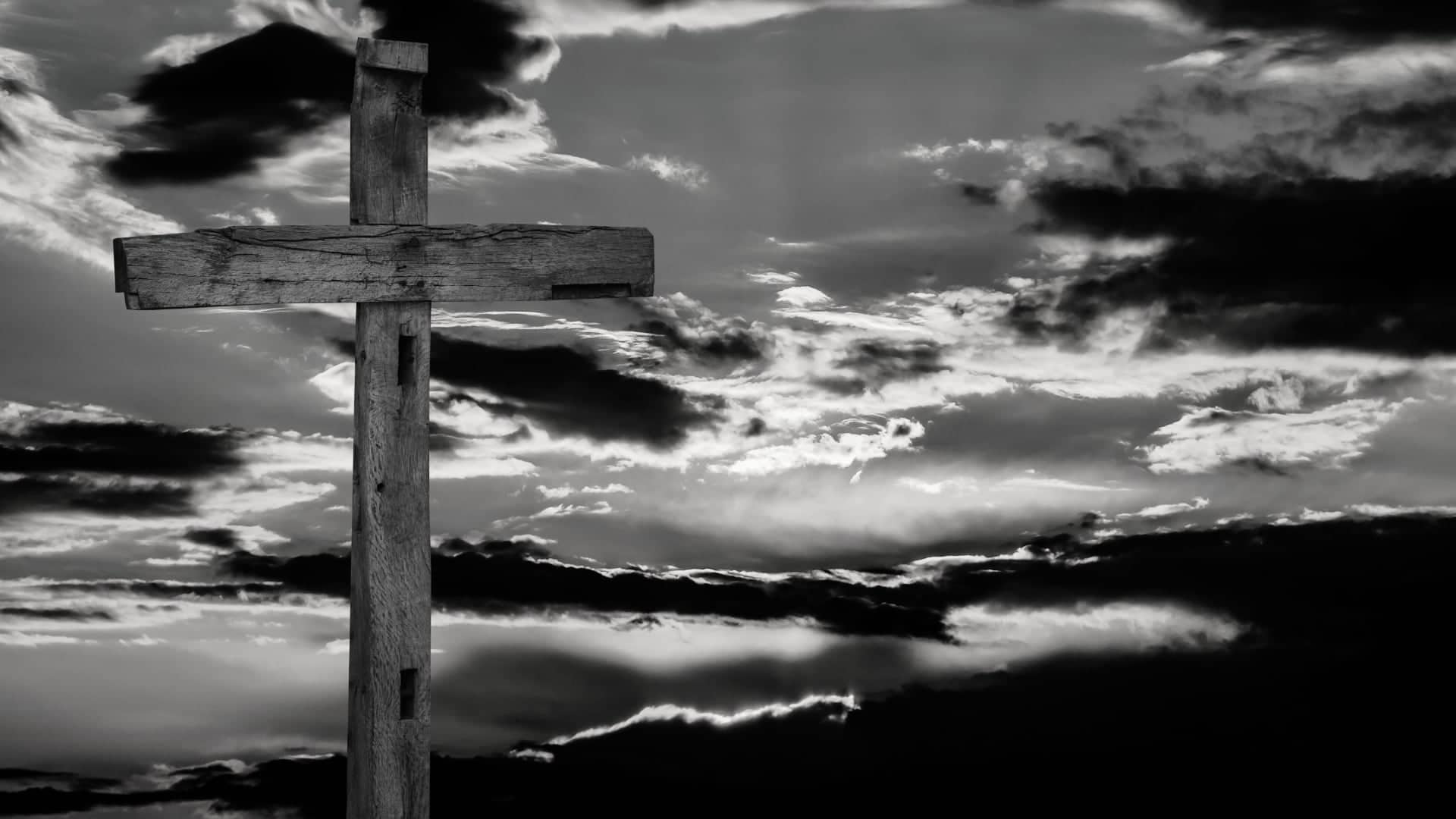New Wine (John 2:1-11)

Big Idea: Jesus turning water into wine at a wedding shows his mission to replace empty religious rituals with a true relationship with God.
Nobody came here today with just a desire to sit around and listen to me speak, and to stand around and sing songs. You came here with a desire to connect with God, to experience his presence. If you came here willingly, it was likely out of habit or because you wanted to experience God.
If you wanted to introduce someone to God, where would you take them? Would you bring them to church? We know that church isn’t a place, it’s a group of people. Many of us wish that introducing someone to a new group would make them feel the unique presence of God, someone they've never met before.
Many of us have experienced church like that. We’ve known church as a group of people who help us experience deep, rich intimacy with God.
However, we've also seen the opposite occur. A lot of us have experienced church as a disappointment. I likely reflect my generation's common feeling of discouragement towards some aspects of the church.
One of my favorite Simpsons episodes starts in the First Church of Springfield. Reverend Lovejoy (my role model) is droning on and on. Pretty soon, Homer falls asleep and bumps his head, which causes Reverend Lovejoy to lose his place. He starts all over again on the nine tenants of constancy. Pretty soon everyone is asleep. When the Simpson family finally gets home from church, they don’t even get through the front door before all their church clothes are off. Here’s their conversation:
Marge: Hey, calm down. You’re wrinkling your church clothes.
Homer: Who cares? This is the best part of the week.
Lisa: It’s the longest possible time before more church!
Marge: Church shouldn’t be a chore; it should help you in your daily life.
Homer: It should but it doesn’t. Now, who’s going with Daddy to the dump?
Can you relate?A dictionary of the emerging church (A for Abductive, by Leonard Sweet, Brian D. McLaren, and Jerry Haselmayer) reflects this tension with two definitions of the church:
C is for church (lowercase)
The worst form of community ever devised, except for all the others… Too often, sociological structures filled with pachyderms solving problems that no longer exist, or answering questions that no one is asking.
In Amsterdam in the early 1990s, postmoderns were asked whether they were interested in God; 100% answered yes. Then they were asked if they were interested in church. 1% answered yes; 99% answered no. If you look on the bright side, you’ll say that at least the church isn’t competing with God. If you look otherwise, you’ll cry.
C is for Church (uppercase)
The body of Christ – an organic being; The communion of saints; A spiritual portal into the kingdom of God.
Can you relate to the tension? We feel frustration with the church, but also recognize the immense value of the Church as the living body of Christ.
I’d like to look at an event in Jesus’ life that speaks to this. It’s found in John 2. If you’re familiar with this story, you may never have seen it in this light before. It’s the story of when Jesus turned water into wine. There are all kinds of wonderful interpretations of this passage. I’ve heard it used to say that Jesus loves weddings and parties, or that drinking is okay, or that his first miracle was about grace (turning water into wine) just as Moses’ first miracle was about judgment (turning water into blood). All sorts of wonderful interpretations – but probably not the real point. There is an element of truth in all of them. I think you could at least say that Jesus isn’t just the God of saving souls. He is the God who goes to weddings, who is involved in everyday life.
The person who wrote this book, John, didn’t just randomly select events to include. He had a purpose. In fact, he even calls the miracles that he records “signs”. They’re not just miracles; they point to something. They’re almost like sermons in action.
When you take a big-picture look at this book, you realize that all the events that John writes about in the first part of the book are about the same theme. They’re all about the religious system of the day — Judaism. He cleanses the temple, teaches a leading Pharisee, engages with those religious folks would avoid, heals on the Sabbath, and challenges traditional religious celebrations. Today’s story fits around the same theme. It’s about the very thing that we’ve been talking about. Let’s look at the story and see what happens.
John 2:1-2 says, "The next day Jesus’ mother was a guest at a wedding celebration in the village of Cana in Galilee. Jesus and his disciples were also invited to the celebration." We don’t know why Jesus was invited. He wasn’t well known yet. It may have been a family event. It appears that Mary was the main guest, and Jesus and the disciples came along.”
The wine supply ran out during the festivities, so Jesus’ mother spoke to him about the problem. "They have no more wine,’ she told him" (John 2:3). This would have been a pretty big deal. Weddings back then lasted up to a week. If you were invited to a wedding, you were expected to attend. If you didn’t give a gift, you could be sued. If the party ran out of wine, they could be fined. It would be something that would haunt the couple the rest of their lives, much like a fist-fight between a bride and groom today. Thirty years later, people would be saying, "Hey, remember back when you were married, you ran out of wine?" It would have been disastrous.
Jesus’ mother told Jesus. It could have been a simple, "Hey, son, I need your help." But she did know who he is, and what he could do. Jesus responded, "'How does that concern you and me?' Jesus asked. 'My time has not yet come'" (John 2:4). He was talking about the time for his glory to be revealed. Ultimately, "my time" means his death and resurrection and return to his Father. He was on God’s timetable, much more than his own mother’s timetable. Verse 5 says, “But his mother told the servants, ‘Do whatever he tells you.'”
Let’s read what happened. Don’t miss what Jesus used to perform this miracle:
Six stone waterpots were standing there; they were used for Jewish ceremonial purposes [did you get that?] and held twenty to thirty gallons each. Jesus told the servants, “Fill the jars with water.” When the jars had been filled to the brim, he said, “Dip some out and take it to the master of ceremonies.” So they followed his instructions.
When the master of ceremonies tasted the water that was now wine, not knowing where it had come from (though, of course, the servants knew), he called the bridegroom over. “Usually a host serves the best wine first,” he said. “Then, when everyone is full and doesn’t care, he brings out the less expensive wines. But you have kept the best until now!”This miraculous sign at Cana in Galilee was Jesus’ first display of his glory. And his disciples believed in him. (John 2:6-11)
I’d never noticed before what Jesus used to perform this miracle. He used their stone water pots. The people would have spent a lot of time washing their hands and the cups to stay ceremonially clean. Jesus uses these symbols to comment on the religion of his time, and his message is still relevant for the church today.
"They have no wine." That’s more than a statement about alcohol. That’s a comment on the world that Jesus entered, a comment even on religion. A more modern way of putting it would be, "Where’s the beef? Where’s the substance?"
If you understand this story in light of John’s theme, it’s not just a story about a wedding and some wine. It’s a comment on what Jesus came to do. John’s saying that Jesus’ arrival is the start of something new – a messianic banquet, a divine wedding feast. The vessels of Judaism and religion have been upended and replaced. The best is now being served.
I wonder what symbol Jesus might have used if he did this miracle in our culture today. What statement would he have made about the rituals and customs that we use, that have everything to do with religious habits, but very little to do with God? How would Jesus communicate to us that it’s not about external rites or customs? It’s not about washing; it’s about drinking. What symbols of our religion today would he have used?
I’ll tell you why this is so important. The ritual jars probably started out as something very good. Over time, the jars lost their meaning, until it was just something to do. There’s a lot that we do that started out as good, but it doesn’t take long before we’re still going through the motions, but the heart is long gone. We’re still doing the same thing – singing the same songs, hearing the same sermons – but without as much meaning. And there’s a danger that we’ll keep on doing the same things long after God has left, and we won’t even have noticed.
The landscape is littered with churches where people once gathered to passionately worship God, and where sermons were preached out of a passion for God to speak, where God’s presence and power was once felt, where people were introduced to Jesus Christ for the first time. The churches are still there, but the passion’s gone, and God’s presence and power are no longer felt, and nobody’s been introduced to Jesus in a long time. But nobody’s noticed. They’re going through the motions, and they don’t even know it.
But Jesus has arrived. Jesus came to transform what we do religiously and by habit. He wants an immediacy, an intimacy with us. Jesus said, not to a person, not to an unbeliever, but to a church: "Look! Here I stand at the door and knock. If you hear me calling and open the door, I will come in, and we will share a meal as friends" (Revelation 3:20). I can imagine him saying, "Church, I’ve been away for a while. I’ve been gone so long, some of you got used to my absence, but I’m back. Church, let me back in. We’ll have a worship service like we’ve never had before."
I dream about being a people where maybe the music isn’t the best, and maybe we’ve had better sermons and preachers, but man, God is there. I want to come together as God’s people and know that we may not have it all together — but when we gather, someone is there, and everyone knows it.
Prayer:
What symbols is Jesus using today to say, “There’s no wine – there’s nothing there?”
It’s a heart issue – it’s about drinking (internally) rather than washing (externally). It’s about being rather than doing.
Prayer for personal response
Prayer for our church to be never satisfied with the external, no matter how good it may be. Pray that we would long instead for the presence and power of Jesus.





